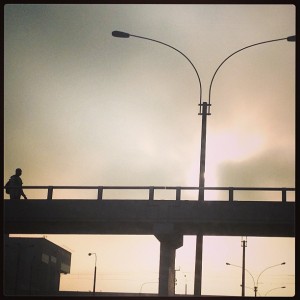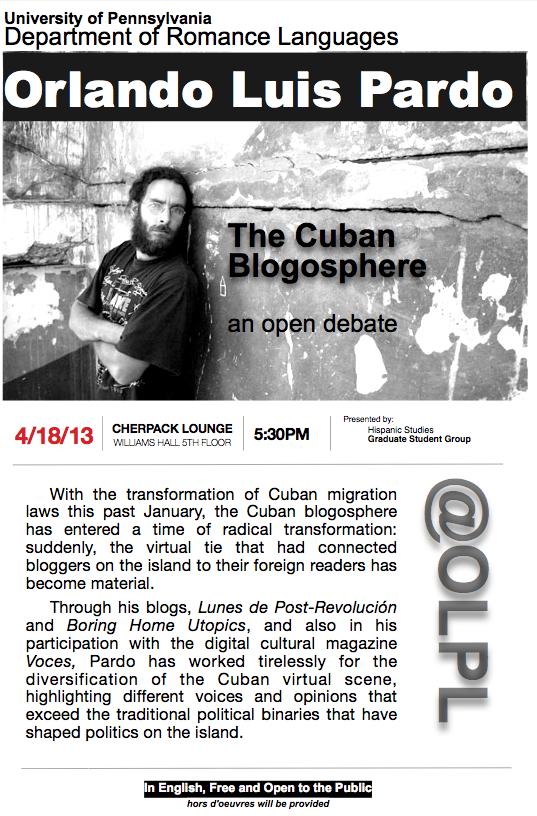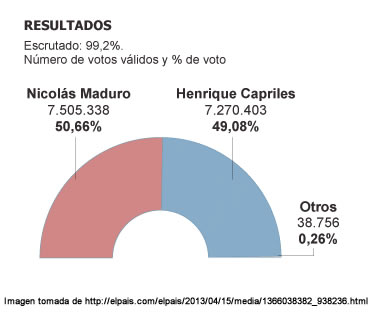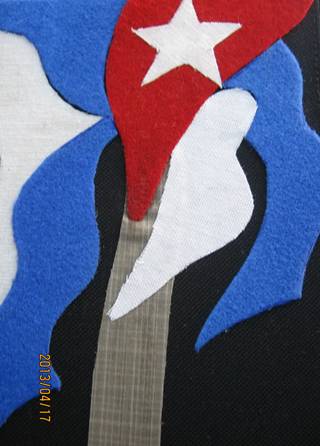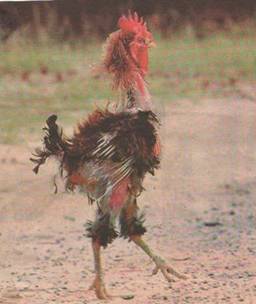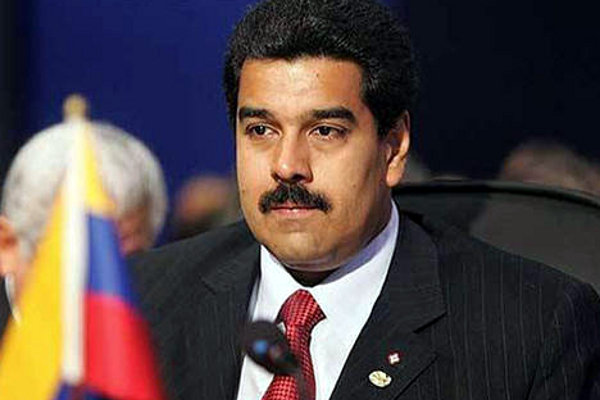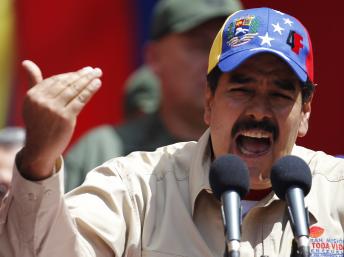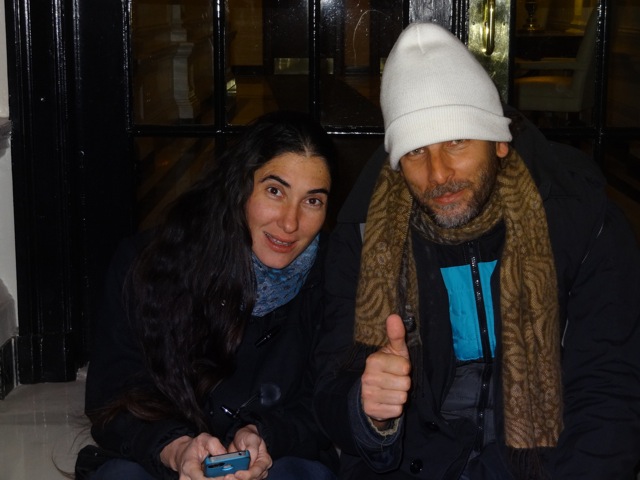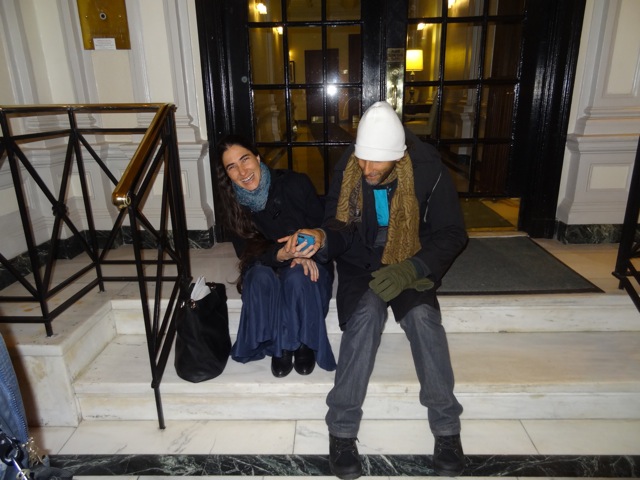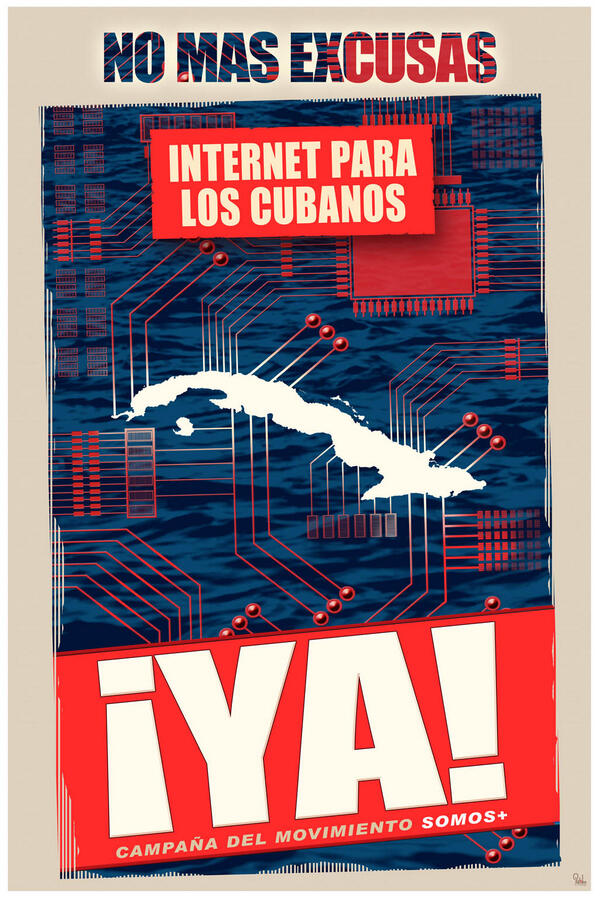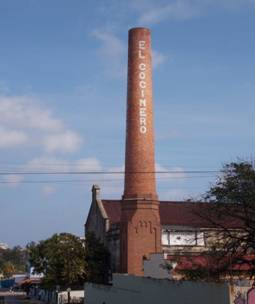Yesterday, April 16, 2013, the attorney Amelia Rodríguez Cala interviewed Angel in Prison 1580.
Angel has been removed from the punishment cell but remains under very severe conditions and maintains his hunger strike until they respect his rights as a citizen and as a prisoner — whatever happens. He is unjustly imprisoned after a trial fabricated by State Security with the only purpose of silencing and discrediting him as a person and as the great writer he is.
Angel has lost a great deal of weight and today completed day ten without eating or drinking. We fear for his health and his life. continue reading
From here we hold Raul Castro responsible for everything that happens to Angel and we demand he be returned to La Lima prison from where — although he shouldn’t be there serving any sentence at all — he should not have been removed against his will and violently.
Every day that Angel is made to pay in the miserable Castro prisons for crimes he never committed, having proved his innocence ad infinitum, will be one more day that the dictatorship demonstrates to the world how it lies about the situation on the Island, and another day that the media learns about how it has misled them about the living conditions within the Castros’ prisons — and of course in the whole Island.
The living conditions in Cuba are miserable and freedom isn’t even a memory; repression and violence on the part of State Security is our daily bread; the acts of repudiation are the expression of how they manipulate the people to punish the dissidence; the media are mere channels of propaganda; every day more Cubans risk their lives to escape from this island, not wanting to imagine what life is like in the Castro prisons, true concentration camps where they are not human beings, only objects, objectified bodies whom they constantly humiliate, deprive of all rights, and force to live in subhuman conditions and all this in the name of the “humanist” Revolution that the Castro dynasty has ruled over for 54 years.
We demand that Angel be returned to La Lima Prison immediately and that they guarantee ALL his rights.
We hold Raul Castro Ruz directly responsible, for Angel’s safety and integrity and reiterate that the same justice and the same rights that we demand for Angel we demand for all the prisoners in Cuba. And so, one more time, we demand the release of ALL THE POLITICAL PRISONERS.
We remember, Mr. Raul Castro, that when you assumed the presidency of CELAC you promised that you would act “with total fidelity to international law, the Charter of the United nations and the fundamental principles that govern relations between countries.” During your speech of January 28, 2013, you also said, “We reject interference, the threat and use of force, and dedicate ourselves to dialog.” What happened to your promises? You should be ashamed and you should behave in conformance with the commitment you yourself assumed.
The Editor, in the name of Angel’s family and friends.
17 April 2013

